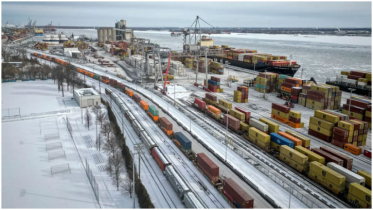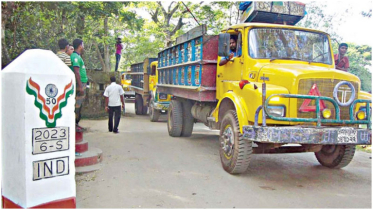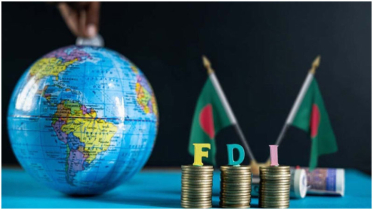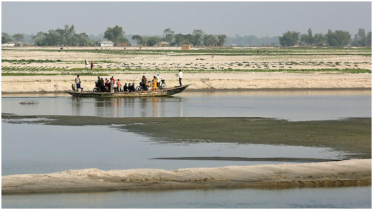Can Sri Lanka pull itself out of yearslong crisis?
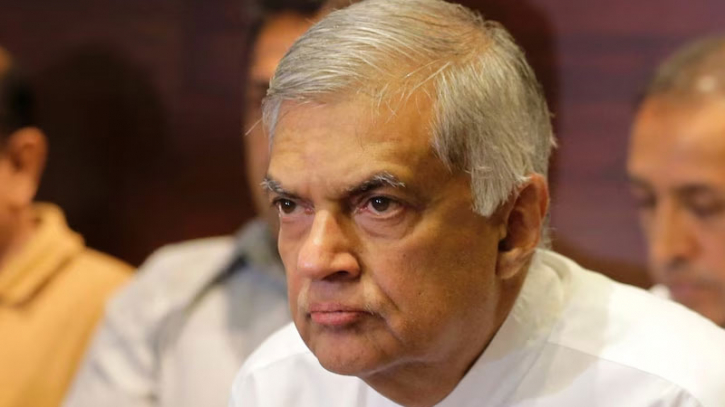
For several years, Sri Lanka has been facing challenges on multiple fronts, exacerbated by an economic crisis that unleashed food, electricity and fuel shortages.
In 2022, Sri Lanka defaulted on its debt obligations, which ushered in a $3 billion (€2.8 billion) bailout deal from the International Monetary Fund (IMF).
Although shortages of essential commodities have subsided, hunger and poverty are on the rise, said Muttukrishna Sarvananthan, economist and researcher at the Point Pedro Institute of Development in Sri Lanka.
"The official inflation figures, including food inflation, have drastically declined, but the ground reality is very high prices of essential food items that are beyond the reach of substantial sections of the population," he told DW.
According to a recently released UN report, Sri Lanka's poverty rate rose from 13% in 2021 to 25% in 2022.
Sri Lanka's economic and political upheaval
During the height of the economic crisis in 2022, the people of Sri Lanka took to the streets, demanding changes in governance and an end to corruption.
"One year later, these demands are yet to be fully realised and there is disappointment in sections of society," said Bhavani Fonseka, human rights lawyer and researcher at the Center for Policy Alternatives, a Sri Lankan think tank. "Despite some months into the IMF program, there are continuing challenges," she told DW.
Sri Lankan President Ranil Wickremesinghe has said that he remains committed to bringing about these changes, and has taken steps towards addressing leakages in tax administration and expansion of the tax net. A new anti-corruption bill is also currently being debated in Parliament.
"It will take a long time for these measures to bear fruit, if at all, if they are implemented faithfully." said Sarvananthan. "Tax evasion has been part of Sri Lanka's economic governance psyche in the past forty years or longer. It is hard to tame this in a short period of time."
Nishan de Mel, executive director of Verite Research, a Sri Lankan economics think tank, said that Sri Lanka's crisis is "first and foremost a crisis of governance."
"It is that which led to the economic crisis and tends to prolong the economic crisis," he told DW.
"Attempting to fix the economic variables without fixing the governance variables, will make Sri Lanka like the proverbial man who built his house upon the sand. It is unlikely to be sustainable," he added.
Only 40 of the 71 commitments in the IMF program due by the end of September have been verifiably met, according to Verite Research, particularly the commitments regarding transparency, governance and improving revenue.
The think tank's "IMF Tracker" measures the progress of Sri Lanka's commitments in the IMF bailout program.
Verite Research's de Mel believes Sri Lanka has become increasingly non-transparent with its actions under the program.
"As of September 2023, there is no information on about 30% of the commitments due to have been completed," he said.
"Three of the four commitments on transparency have not been met. The one exception is with regard to publishing the IMF compiled governance diagnostic," he added. The expert also believes that the IMF could have been more transparent with its economic reform plans.
"Not even the members of parliament in Sri Lanka were able to know how the economic recovery program was designed, after it had been already approved by the IMF board. This is a serious suppression of democratic space," de Mel told DW.
Latest IMF tranche delayed
At the end of September, the IMF said it was unable to reach a staff-level agreement with Sri Lanka over potential revenue shortfalls. The next tranche of $333 million will not be released until such an agreement is made.
Peter Breuer, the IMF's senior mission chief for Sri Lanka said in late September after the IMF's first review mission that to "increase revenues and signal better governance, it will be important to strengthen tax administration, remove tax exemptions and actively eliminate tax evasion."
The Sri Lankan government has raised taxes to overcome this revenue shortfall. Verite Research's de Mel has criticised this move.
"Instead of increasing the tax base, the government has increased the tax rates on the minority of firms and people that are paying taxes in Sri Lanka," he said.
"They have also passed several new, targeted, tax holidays, tax exemptions, and tax reductions, to specific firms, specific investors, and specific monopolistic industries, despite being in the midst of an IMF program with ambitious targets for increasing revenue," he added.
The IMF said in a statement that Sri Lanka has made "commendable progress" in implementing "difficult but much-needed reforms."
"These efforts are bearing fruit as the economy is showing tentative signs of stabilisation," the statement said.
Krithiga Narayanan is a foreign correspondent at Deutsche Welle.
Source: Deutsche Welle
.png)

